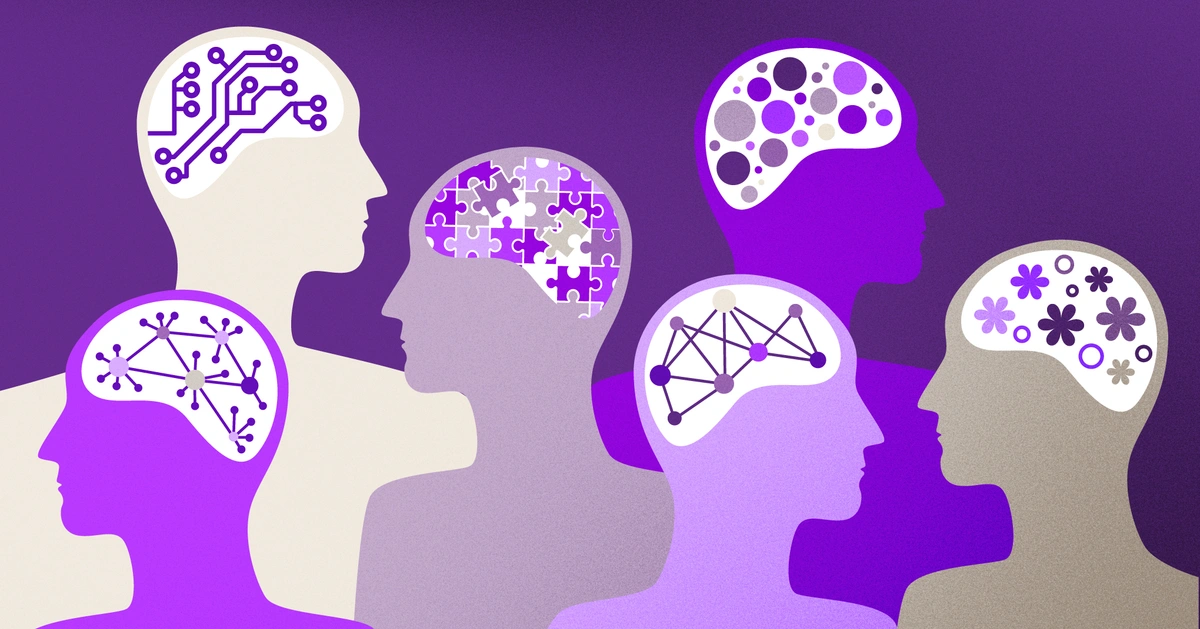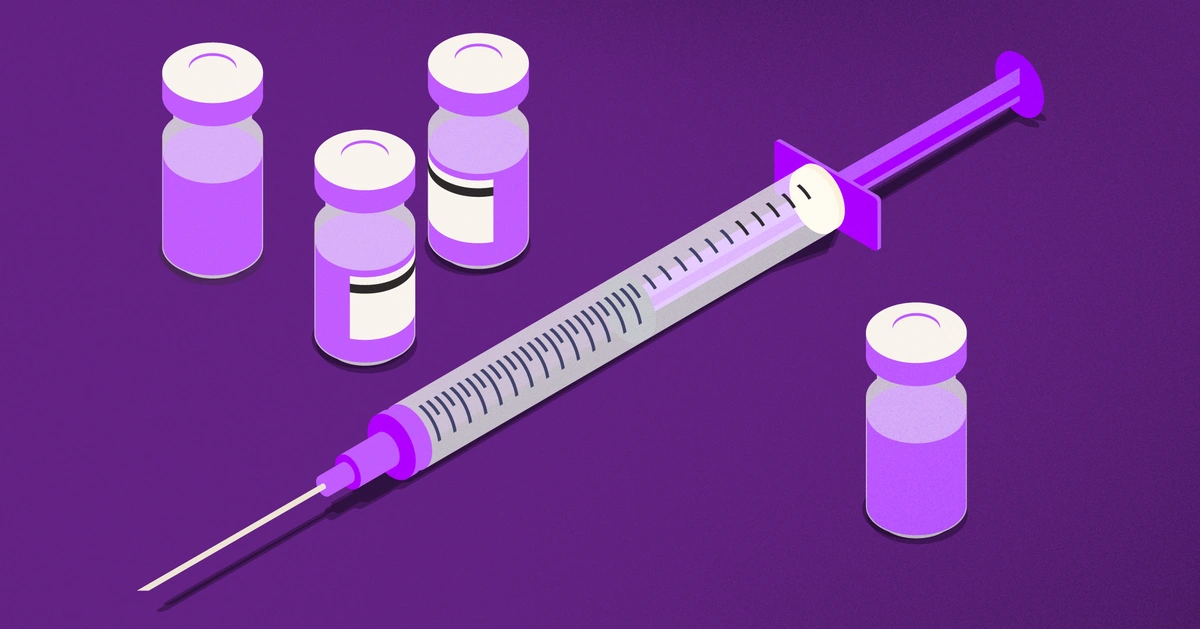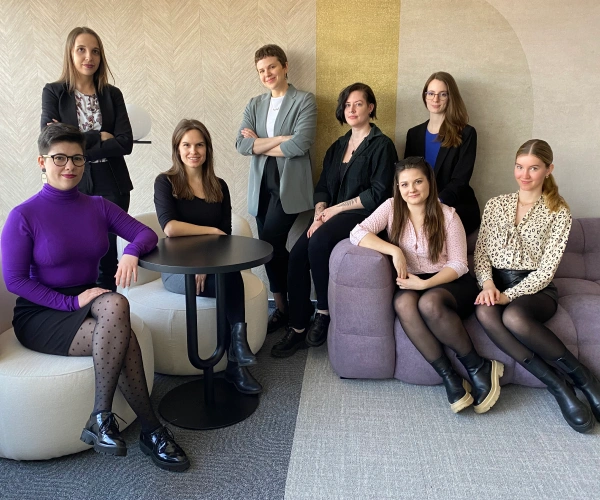
Autism has always been here. What's changed is that we're finally starting to understand it.
The recent uptick in autism diagnoses – now estimated at 1 in 31 children in the U.S. – isn't a sign of an epidemic. It's a sign that the tools and our understanding of the human brain are improving. For decades, most of the autistic community has lived below the surface – particularly women, girls, and people of colour, who often go undiagnosed, misdiagnosed, or masked out of fear. We've only ever been looking at the tip of the iceberg.
Now, the old panic is back. Once again, parents are gripped by fear – this time about "environmental exposures". It might sound more plausible than past vaccine-focused scaremongering, but let's not be naive: we've seen this script before. Concern about air, food, chemicals, or toxins is the entry point, but it's inevitable that suspicion will be linked to vaccines before too long.
This isn't an objective scientific inquiry. There is an agenda here.
Let's be clear: vaccines do not cause autism. A growing body of research suggests that autistic traits are estimated to be at least 80% heritable. While environmental factors are believed to play some role, they account for a smaller proportion of the overall risk compared to genetic factors.
Following the publication of an unethical and highly damaging piece of research in the late 1990s, the idea of a link has been exhaustively studied and conclusively ruled out by researchers worldwide. Meanwhile, vaccines continue to be one of the greatest public health successes in human history, saving an estimated 3.5 to 5 million lives each year.
Yet here we are again – with political pressure mounting, misinformation spreading, and old myths quietly resurfacing. It's not just scientifically dishonest. It's highly dangerous.
What sits underneath this renewed focus on causation is the belief that autism is a tragedy – something to be feared, prevented, and eliminated. That belief doesn't just harm autistic people. It corrodes public trust in lifesaving interventions, starting with vaccines.
Vaccines continue to be one of the greatest public health successes in human history, saving an estimated 3.5 to 5 million lives each year.
I've spent most of my career working to create demand for vaccines. I've seen the cost of vaccine hesitancy in countries around the world – too many preventable outbreaks, hospitalisations, and human tragedies. And I've seen how misinformation spreads when fear takes hold, and science loses the battle to shape the narrative.
I've also come to see all of this through a different lens. While working on vaccine confidence during the global Covid-19 rollout, I was unexpectedly diagnosed with ADHD – another neurodiverse trait. Unmasked by the weight of pandemic stress, quirks I had never fully understood – hyperfocus, pattern spotting, creativity, relentless drive – finally made sense. But during the crisis, overloaded and overwhelmed for two exhaustive years, I burned out. I've since come to understand that in supportive environments, neurodiverse traits aren't a disorder. They're a valuable difference.
Such realisations are increasingly common. Just a few weeks ago, Bill Gates admitted that if he were growing up today, he would likely be diagnosed as autistic. In his biography, Source Code: My Beginnings, he recalls how his intense focus, social challenges, and atypical thinking helped him revolutionise how the world works through personal computing, and, as a result, fund some of the most effective public health initiatives in history.
He is not an exception. Neurodiverse traits run right through society and have fuelled human creativity, innovation, compassion, and change throughout history. That's when individuals are supported, and society allows them to flourish – and stops trying to marginalise or erase them.
As the eminent autistic scholar and writer, Ludmila Praslova, points out in an article for Harvard Business Review, most of the challenges autistic people face don't come from their traits – they come from social norms and systems that exclude them. Higher unemployment rates, barriers to education, social judgment, and isolation – these are not inevitable. They result from rigid environments and narrow definitions of what a "normal" mind should look like.
So, when we talk about autism as something to prevent or fear, we're not being scientific or responsible – we're being discriminatory.
We need to stop using autism and neurodiversity more broadly as a scare tactic. We need to stop letting outdated fears chip away at trust in public health. And we need to stop pretending that framing the scare as "environmental concerns" makes it any less harmful.
Autism is not an epidemic or public health emergency. Stigma is. Misinformation is. Fear is.
If we truly want the best for our children, we must stop chasing old ghosts. That means building trust in vaccines and creating more inclusive systems and communities. The full value of neurodiversity – its value, possibility and potential – remains largely hidden beneath the surface. But it's there, waiting to be seen, understood, and embraced as a key driver of creating a more hopeful global future.



